- 631-796-2804
- [email protected]
- Mon - Fri: 6:30AM - 5PM
Professional seal coating that extends your asphalt life and saves thousands in replacement costs.
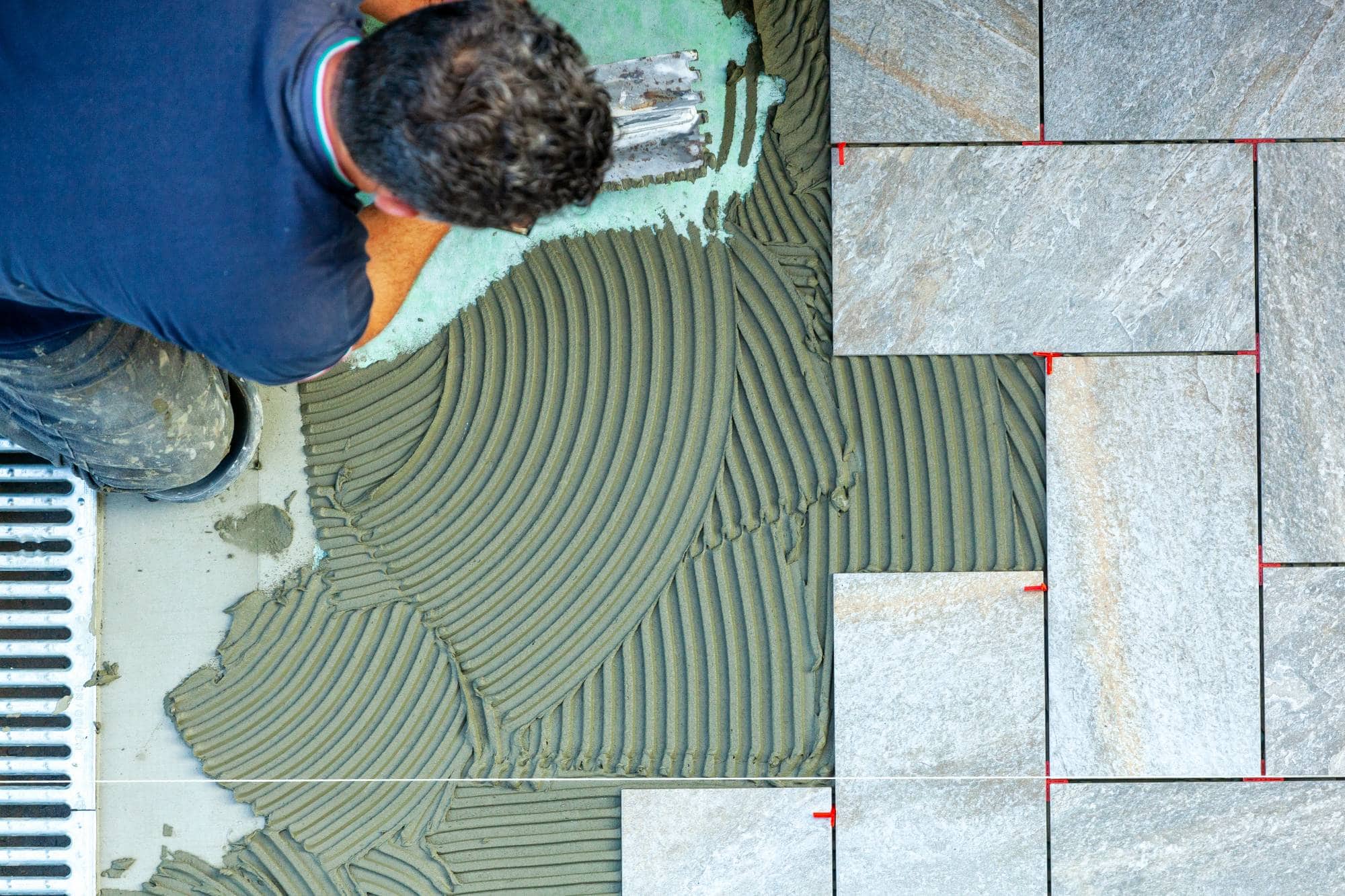
Hear from Our Customers
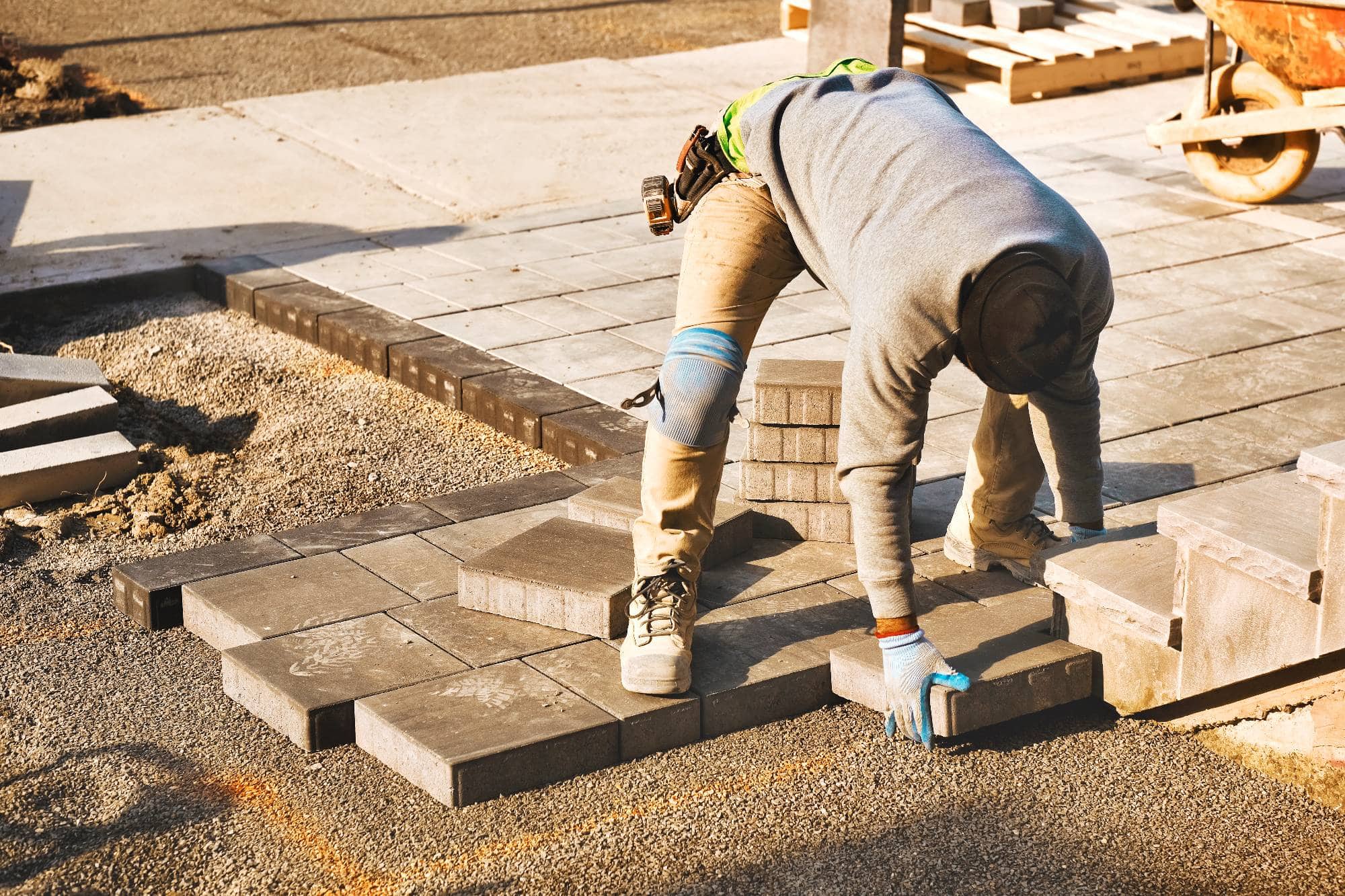
Your driveway takes a beating from West Gilgo Beach’s salt air, freeze-thaw cycles, and constant weather changes. Without protection, water seeps into small cracks, expands when it freezes, and creates the bigger cracks you see every spring.
Professional seal coating creates a waterproof barrier that stops this damage before it starts. You get 3-5 more years from your existing asphalt instead of facing a $15,000+ replacement bill.
The difference isn’t just functional—it’s immediate. Your faded, gray driveway returns to that rich black color that makes your property look maintained and valuable. No more explaining to neighbors why your driveway looks neglected.
All Purpose Paving has been protecting Long Island driveways for years, and we understand what coastal weather does to asphalt. Salt air isn’t just tough on cars—it accelerates the breakdown of your driveway’s binder.
We’re not the guys who show up with hardware store sealer and a squeegee. We use commercial-grade materials designed for Long Island’s climate, and we know when conditions are right for application and when they’re not.
You won’t find us rushing jobs or cutting corners. Your driveway represents a significant investment, and we treat it that way.
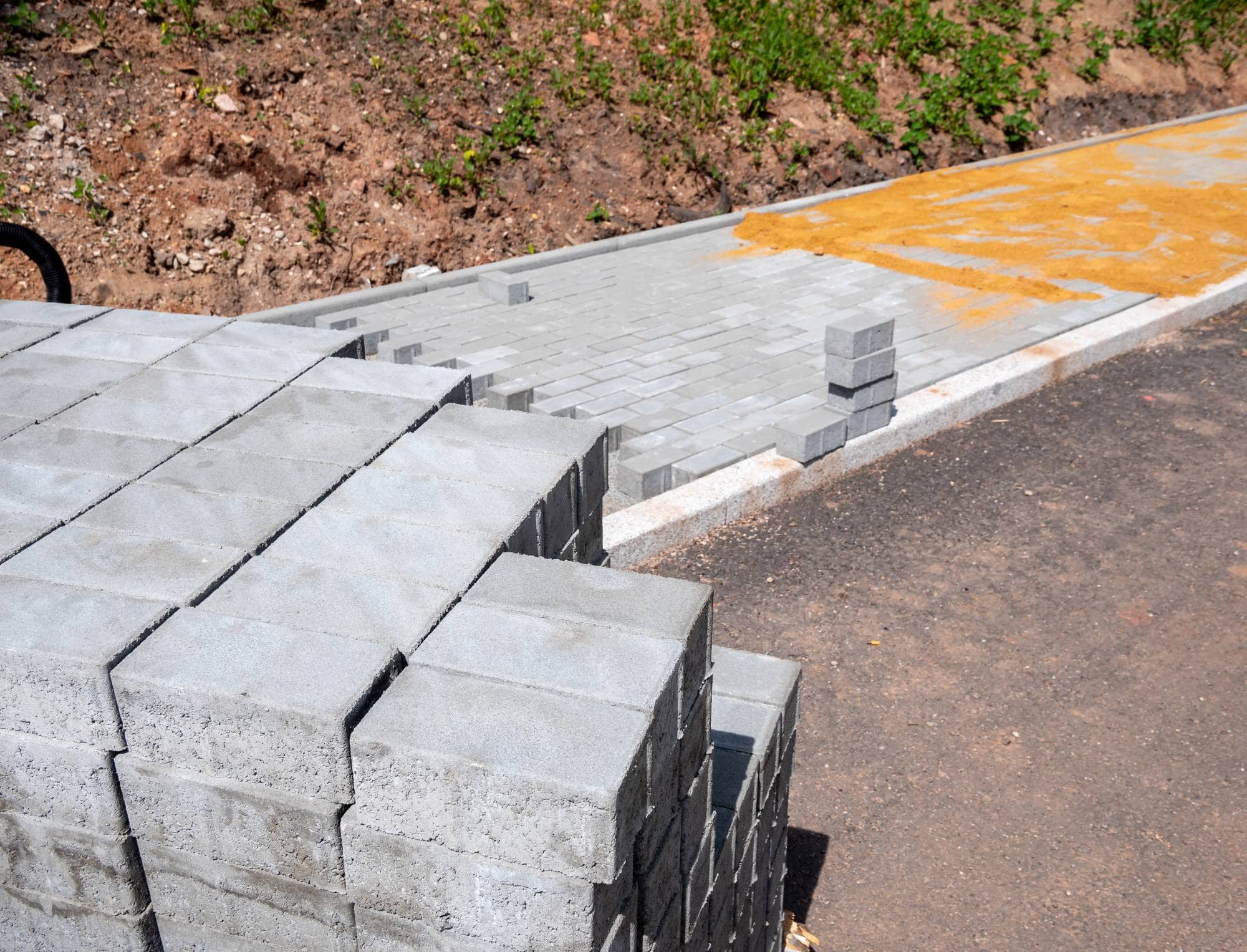
First, we clean your driveway completely—oil stains, debris, vegetation growing in cracks. Most contractors skip this step, but contaminated surfaces don’t hold sealer properly.
Next, we fill significant cracks with hot rubber crack filler. This isn’t the cold pour stuff that fails in six months. We’re creating a proper foundation for the sealer to adhere to.
Then we apply professional-grade sealer in thin, even coats using commercial equipment. We don’t dump and spread—we control thickness and coverage for maximum durability. Weather has to be just right: temperatures above 50°F with no rain in the forecast for 24 hours.
The entire process takes most of a day, and you’ll need to stay off the surface for 24-48 hours depending on conditions. But when it’s cured, you have a protected surface that will handle whatever Long Island weather throws at it.
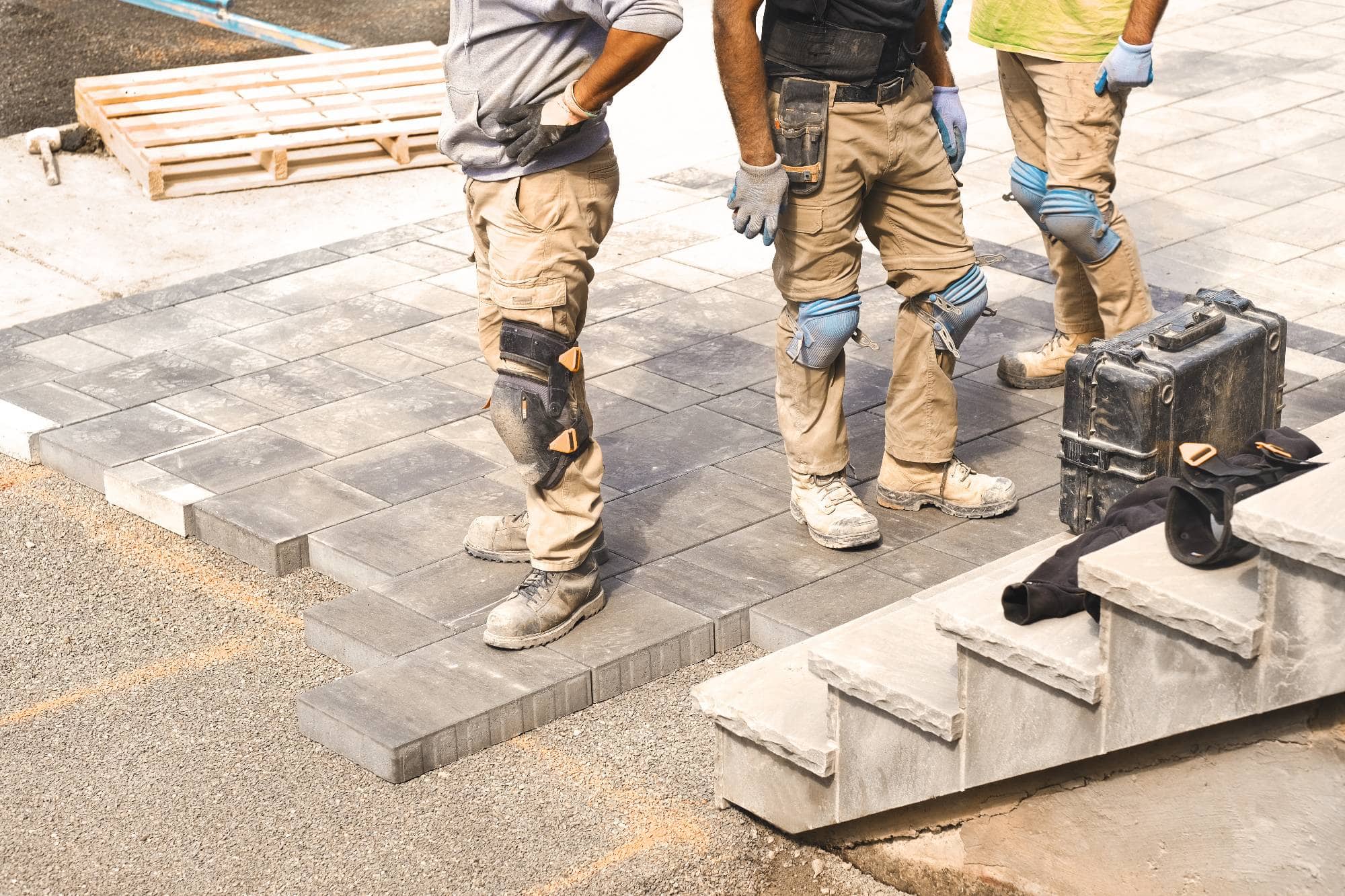
Ready to get started?
You get complete surface preparation, which most homeowners don’t realize is 80% of a successful sealcoating job. We pressure wash, treat oil stains, and fill cracks properly—not just spray sealer over problems.
Our sealer isn’t the watered-down material you see some crews using. We use coal tar or asphalt emulsion sealer designed for Long Island’s temperature swings and salt exposure. It costs more, but it lasts years longer.
We also handle the details that matter: protecting your landscaping, masking areas that shouldn’t be sealed, and cleaning up completely when we’re done. Your property looks better than when we arrived, not like a construction zone.
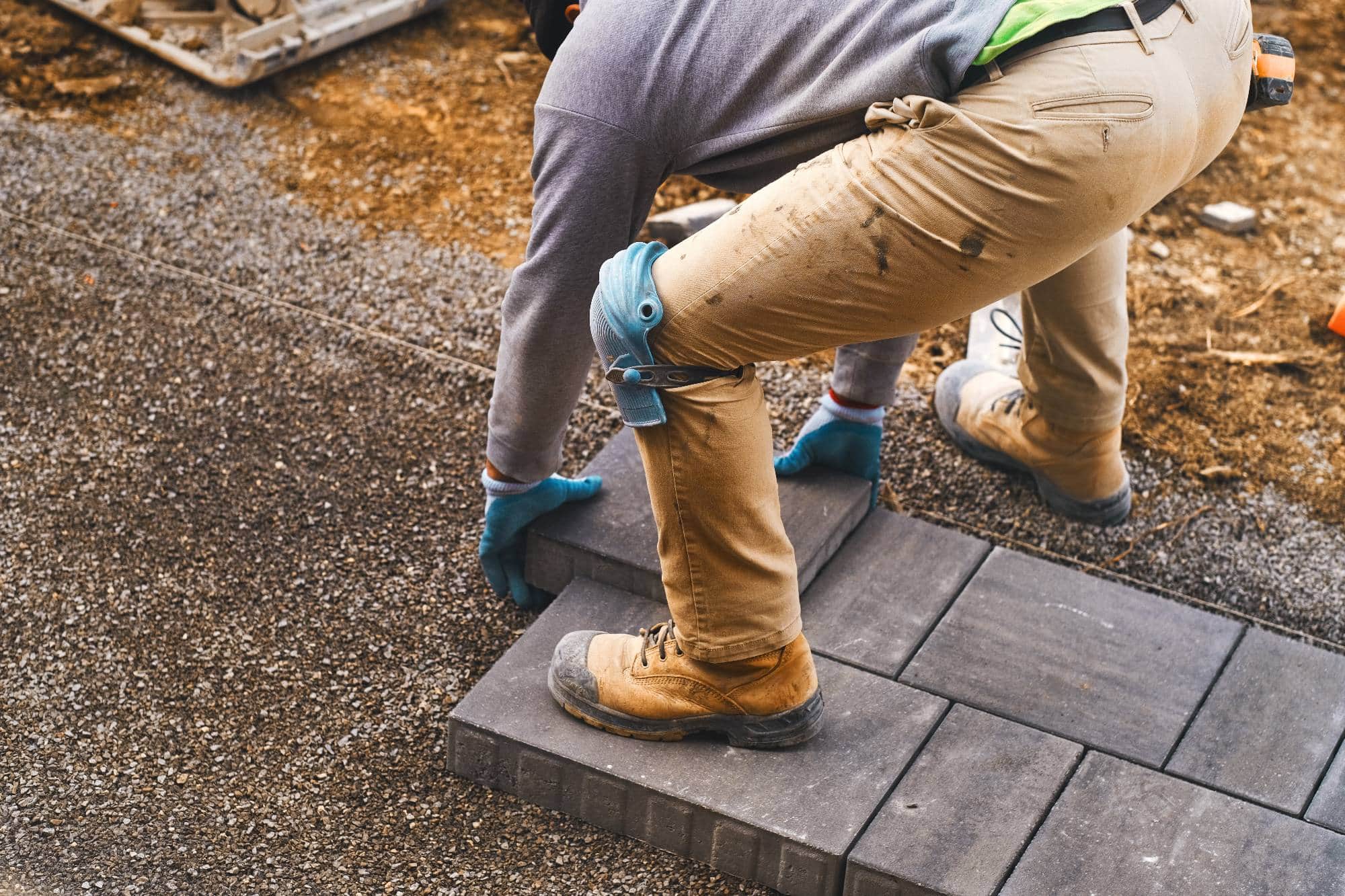

We are a family owned and operated paving contractor servicing customers on the East end of Long Island. We specialize in all phases of paving from start to finish.